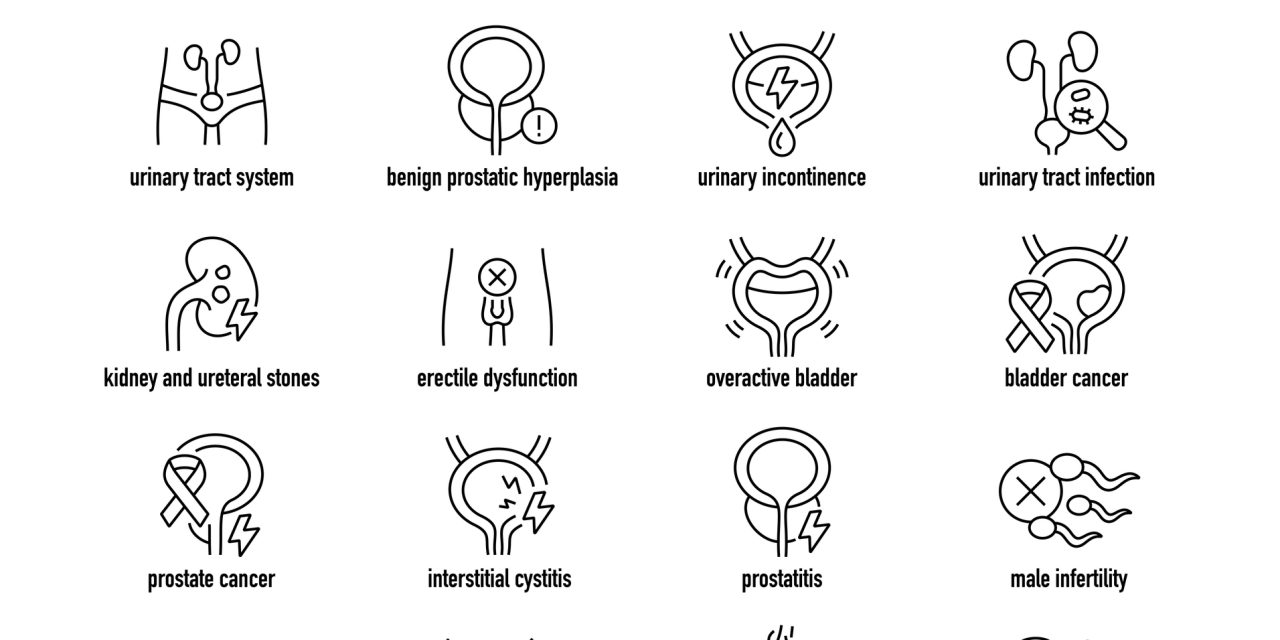Propose an approach of prostate cancer (PCa) patients during COVID-19 pandemic.
We conducted a review of current literature related to surgical and clinical management of patients during COVID-19 crisis paying special attention to oncological ones and especially those suffering from PCa. Based on these publications and current urological guidelines, a manual to manage PCa patients is suggested.
Patients suffering from cancer are likely to develop serious complications from COVID-19 disease together with an increased risk of postoperative morbidity and mortality. Therefore, the management of oncological patients should be taken into special consideration and most of the treatments postponed. In case the procedure is not deferrable, it should be adapted to the current situation. While the shortest radiotherapy (RT) regimens should be applied, surgical procedures must undergo the following recommendations proposed by main surgical associations. PCa prognosis is generally favourable and therefore one can safely delay most of the biopsies up to 6 months without interfering with survival outcomes in the vast majority of cases. In the same way, most of the localised PCa patients are suitable for active surveillance (AS) or hormonal therapy until local definitive treatment could be reconsidered. In metastatic as well as castration resistant PCa stages, adding androgen receptor targeted agents (abiraterone, apalutamide, darolutamide or enzalutamide) to androgen-deprivation therapy (ADT) could be considered in high risk patients. On the contrary, chemotherapy, immunotherapy and Radium-223 must be avoided with regard to the consequence of hematologic toxicity and risk of COVID-19 infection because of immunodepression.
Most of the biopsies should be delayed while AS is advised in those patients with low risk PCa. ADT allows us to defer definitive local treatment in many cases of intermediate and high risk PCa. In regard to metastatic and castration resistant PCa, combination therapies with abiraterone, apalutamide, darolutamide or enzalutamide could be considered. Chemotherapy, Radium-223 and immunotherapy are discouraged.
Copyright® by the International Brazilian Journal of Urology.
Clinical and Surgical Assistance in Prostate Cancer during the COVID-19 Pandemic: Implementation of assistance protocols.


